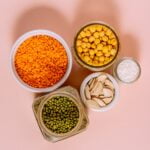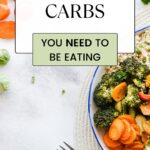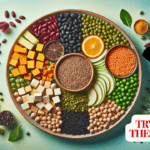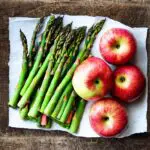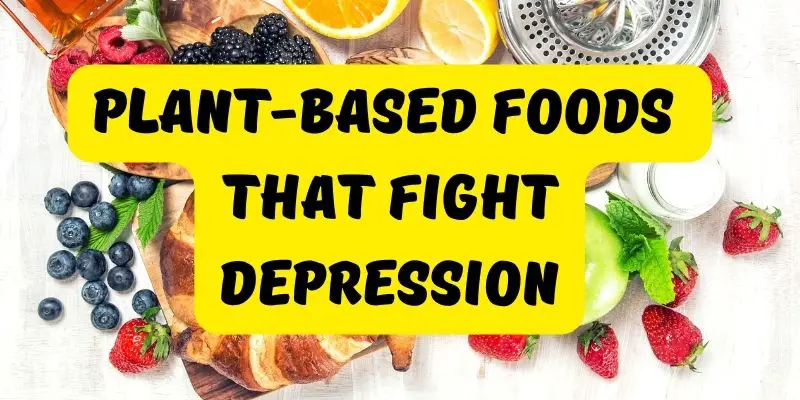
Mild depression might be a symptom that you’re not eating properly. The good thing is that plant-based foods may provide a good remedy for this!
Even minor mood swings might be connected to poor eating habits. B vitamin deficiency, iron deficiency, selenium deficiency, magnesium deficiency, and vitamin C deficiency will all contribute to feelings of sadness. Serotonin, which is derived from the amino acid tryptophan, is a key mood modulator.
In this post, we will explore some plant-based foods which can help to reverse any feelings of sadness or depression that might have physical causes. (There could be causes of depression or sadness caused by events or traumas in their life, in which food would not be able to help. But, those with depression might be making their symptoms worse by eating unhealthy foods, or neglecting some of the healthier foods).
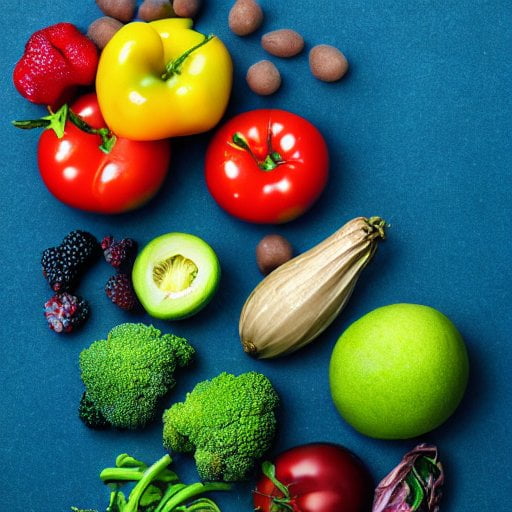
Let’s look at some of these plant-based foods which might help alleviate any sadness!
Plant-Based Foods that Fight Depression
- Pinto Beans
- Asparagus
- Flax Seed
- Potatoes
- Sugar Beets
- Red & Green Peppers
- Whole Grains
- Oatmeal
- Rice
- Bananas
- Sweet Corn
- Cherries
Pinto Beans
The folate in pinto beans will make you feel fantastic. Experts agree that not getting enough folate in your body makes depression worse and that getting lots of this vital B vitamin improves your attitude.
Pinto beans, the most common dry bean in the United States, are an excellent source of folate. They are one of the greatest natural sources of folate, with a cup of pinto beans providing about 75% of the daily need. They also include the brain-boosting minerals magnesium and thiamin.
Scientists aren’t sure why folate makes you feel better, but it does help your body create serotonin, a chemical that causes emotions of peace and satisfaction. Folate, also known as vitamin B9, also collaborates with vitamin B12 to help prevent depression.
Asparagus
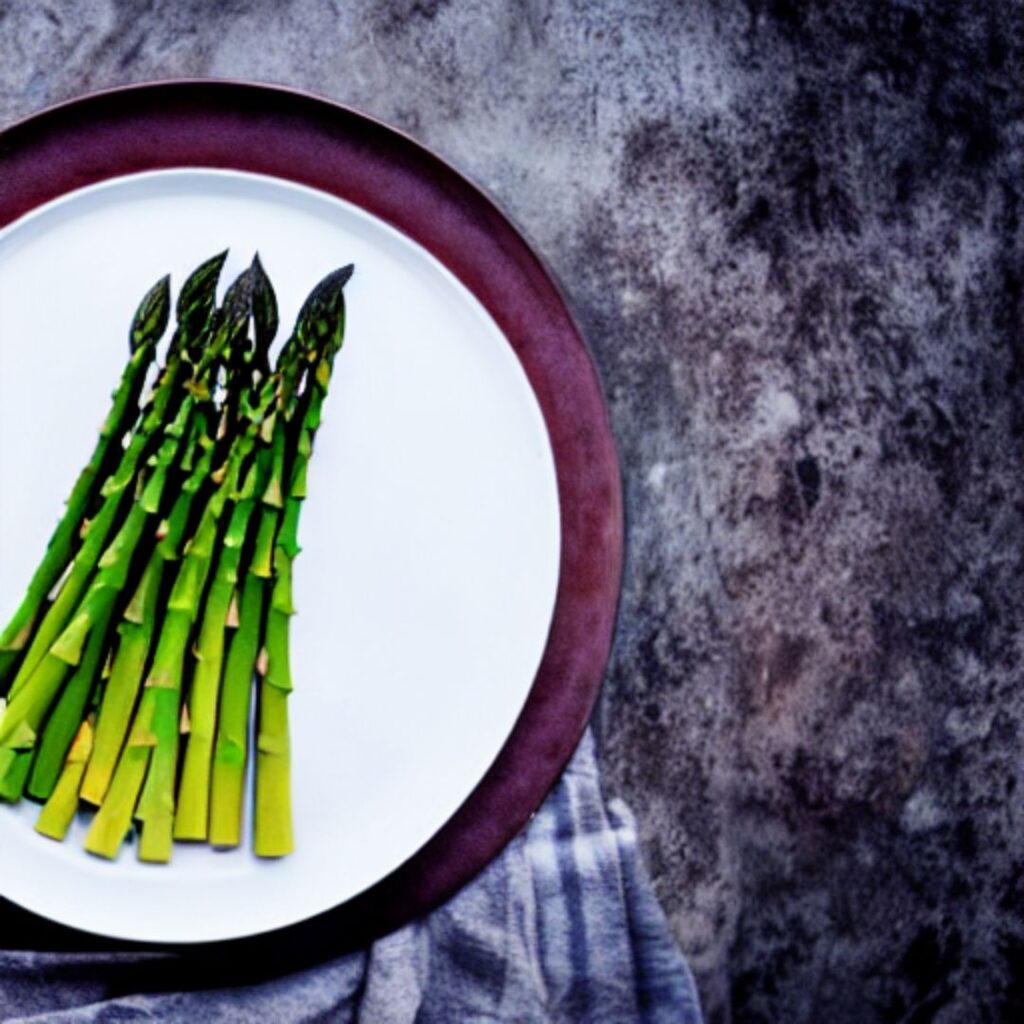
Asparagus is also another plant-based food high in folate. Asparagus also contains a lot of additional minerals, like fiber and vitamin C. It is also high in vitamin K, which is necessary for blood clotting and bone health.
Flax Seed
It was noticed that countries that consumed more Omega-3s (they ate more fish) had lower levels of depression than other nations. Studies have further backed up the idea that Omega-3s might play a role in helping with depression.
Some of the research is conflicting, but this may just be due to the fact that some depression might be caused by a lack of Omega-3s, however in others without Omega-3 deficiencies, the depression might have a different cause. Those with an Omega-3 deficiency would respond better to eating Omega-3s to improve their depression. Link
Flax seeds are a good source of plant-based Omega-3 fatty acids. You can find some other great sources at Plant-Based Omega-3 Foods I Eat!
Potatoes
Potatoes can help your brain. Folate and B12 aren’t the only B vitamins you need to be healthy. A deficiency of vitamin B6 and thiamin has also been related to a high incidence of depression.

Thiamin helps nerve messages move from your brain to various areas of your body, while B6 helps balance certain brain chemicals, keeping your emotions in check. A potato is an excellent source of these nutrients, as well as vitamin C, iron, folate, niacin, and potassium.
Potatoes are also high in carbs, as we will look at later, carbs help the body to produce serotonin in the brain, leading to stress relief and more feelings of calmness as mentioned earlier.
Having a baked potato would be a better option than having french fries. If you are going to eat potatoes by having a baked potato, just resist the urge to pile on animal-based and unhealthy toppings.
Sugar Beets
Sugar beets could give you a happier outlook! According to recent animal research conducted by Harvard Medical School physicians, sugar beets may eventually be your passport to a brighter tomorrow.
They discovered that a meal rich in omega-3 fatty acids and uridine, a chemical derived from sugar beets and sugar beet molasses, had the same antidepressant benefits in rats as depression medications such as Prozac.
The advantages of omega-3 fatty acids (see How I Get My Plant-Based Omega-3 Fatty Acids!) for depression are widely recognized, however, uridine has not been clinically evaluated on humans. However, more studies may make it a significant remedy for the blues in the future.
Red & Green Peppers
Sweet peppers will perk you up. Depression is one of the earliest signs of a vitamin C shortage, but you can keep your C levels up by eating enough delicious fruits and vegetables.
Red and green peppers are also high in vitamin C and red sweet peppers have more vitamin C than almost anything else. In fact, one medium-sized red bell pepper has 169% of the RDA for vitamin C, making it one of the highest dietary sources of this important component.
Even a minor deficiency in vitamin C can deplete your sense of well-being. It is required by your brain to create serotonin, a hormone that makes you feel happy and aids in sleep.
You may feel sleepy and sluggish if you don’t get enough serotonin. Iron deficiency can cause similar symptoms, and vitamin C also improves iron absorption.
Whole Grains
Whole grains like bread can help you find peace. Scientists have discovered that persons who have high levels of the trace mineral selenium are more joyful and confident than those who have low levels.
Selenium makes you feel more awake and less worried, especially when you’re tired. Whenever feasible, consider meals derived from whole grains to boost your selenium levels. Two pieces of whole-grain bread provide about one-third of your daily selenium intake.
Oatmeal
If you are depressed because you aren’t sleeping enough, then you may need more melatonin. This crucial hormone that governs sleep cycles decreases in production as you age.
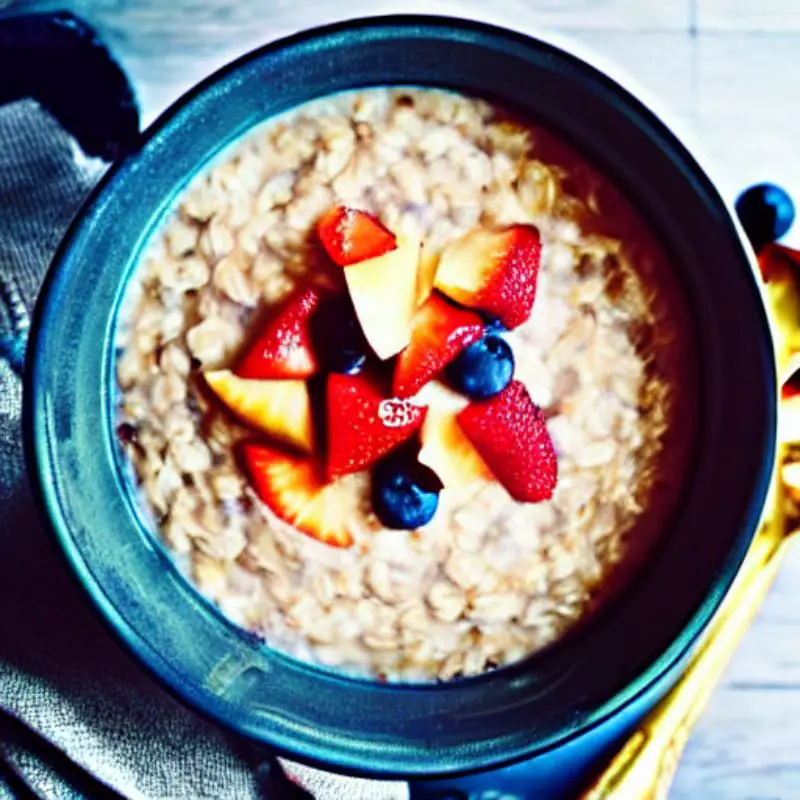
Melatonin is produced in the brain from serotonin, but it may also be obtained by consuming specific foods like oats, bananas, cherries, corn, and bananas. If you have difficulties sleeping, experts recommend including these and other melatonin-rich foods in your diet.
Rice
Rice’s complex carbohydrates can help you with sadness. They increase the amount of tryptophan in your brain, which your body uses to make serotonin.
According to research, carbohydrate-rich diets help to reduce stress and depression, and complex carbs have a long-lasting mood-lifting effect. They also increase your vitamin, mineral, and fiber levels.
Bananas
Bananas contain the mood boosting tryptophan and melatonin, and are a supply of magnesium and B6!
Sweet Corn
Sweet corn is a natural source for melatonin, which has a very high content. This can help you get a good night’s rest.
Cherries
Cherries are another natural source of melatonin. But sweet cherries and sour cherries have melatonin, but sour cherries have twice the amount of melatonin in them!
Lance has been passionate about the plant-based diet and we have been following a whole food plant-based diet for over 5 years. We focus on health, natural healing, weight management, animal rights, and the health of the planet and environment by focusing on whole plant-based foods and sustainable practices.
Learn more at the About Me page and follow on social media at the links below.

